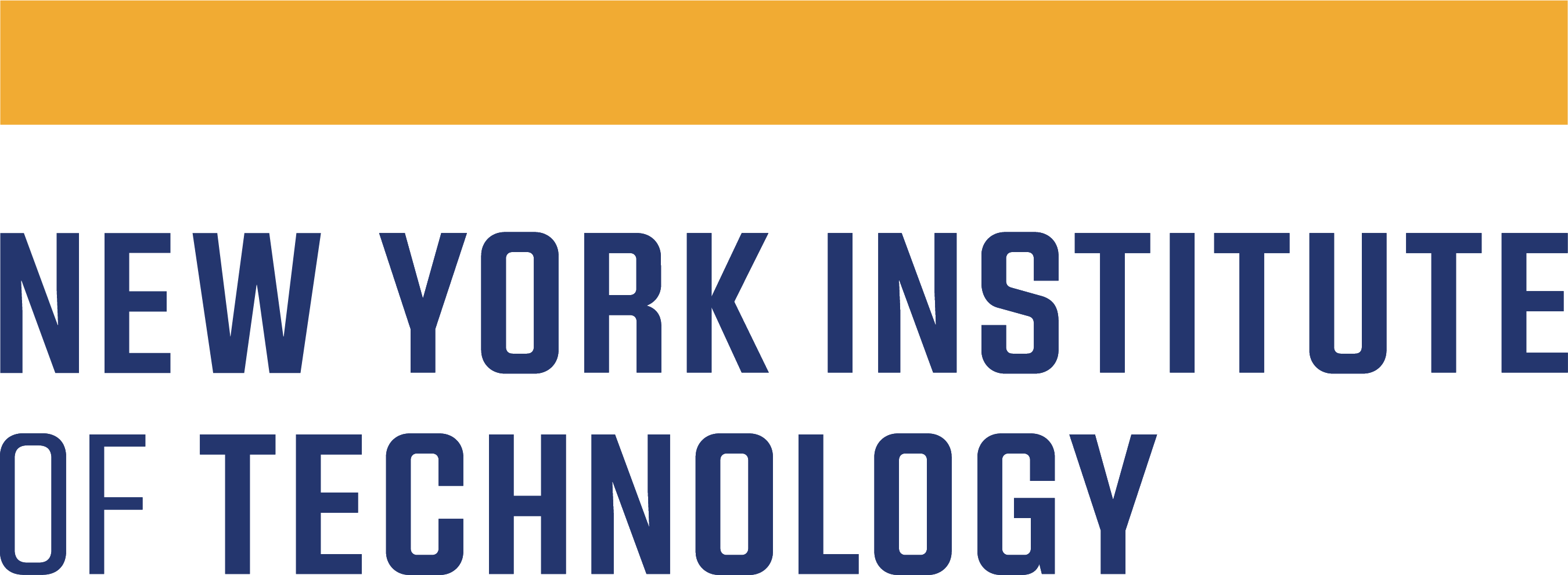Newswise — A pharmacology researcher at New York Institute of Technology College of Osteopathic Medicine (NYITCOM) has co-authored a new study that makes a strong case for why a golden spice commonly found in curry could enhance ovarian cancer treatments.
Ovarian cancer is the second most common gynecological cancer among women in the United States, with an estimated 20,000 women in the U.S. expected to receive a new diagnosis of ovarian cancer this year.
Unfortunately, the five-year survival rate for ovarian cancer remains below 50 percent and, to further complicate matters, diagnosis can be very challenging; symptoms are often vague, resembling other common medical conditions, and no screening test currently exists.
Treatment for ovarian cancer typically consists of surgery and chemotherapy, but these powerful chemotherapy drugs can have harsh side effects, like hair loss and vomiting. In addition, later-stage ovarian cancer tends to develop chemotherapy resistance, rendering treatments less effective and, in turn, worsening patient prognosis.
Now, in a new medical review paper published in the journal Pharmacy Times, NYITCOM Associate Professor Maria Pino, Ph.D., and two Pharm.D. candidates from St. John’s University discuss why the cancer research community should seriously explore the benefits of the spice curcumin in the treatment of ovarian cancer.
Curcumin is a golden, natural compound derived from turmeric, a plant in the ginger family that is, perhaps, best known as a curry spice ingredient. The compound has been used in Ayurveda and Chinese medicine for thousands of years and has more recently gained attention in western medicine as a potential tumor suppressant.
In fact, the National Institutes of Health (NIH) National Cancer Institute notes that early-phase clinical trials using curcumin-containing products yielded promising outcomes when used in combination with treatments for colon, oral, and liver cancers.
“The interest in curcumin came from the students I mentored. We went through various publications on this spice for managing inflammatory conditions and its action as an antioxidant,” said Pino, who is an expert in pharmacology and toxicology.
Pino and her co-authors note that curcumin offers diverse therapeutic benefits, including anti-inflammatory and analgesic (pain-killing) effects, with few negative side effects. The researchers also document existing studies of ovarian cancer cells and cancer in animals, which have both found that curcumin helped to suppress tumor cell spread and growth.
They write, “Curcumin, when combined with chemotherapy, is more likely to enhance the synergistic effect of cancer cells to drug therapy. The addition of this phytochemical to current ovarian cancer chemotherapeutics may enhance drug cytotoxicity while reversing multiple drug resistance.”
In other words, when curcumin is used alongside chemotherapy, ovarian cancer patients may respond better to treatments.
“Treating ovarian cancer is challenging. The standard chemotherapeutic drugs have many adverse effects and I know that from my experience in patient care,” said Pino. “What I found interesting is that there are some studies showing that adding curcumin reduced these adverse drug effects.”
Pino adds that these positive findings merit additional scientific research.
“More studies will be needed to see if curcumin can consistently enhance the standard of ovarian cancer treatment and if so, at what dose,” she says.
About New York Institute of Technology
New York Institute of Technology's six schools and colleges offer undergraduate, graduate, doctoral, and other professional degree programs in in-demand disciplines including computer science, data science, and cybersecurity; biology, health professions, and medicine; architecture and design; engineering; IT and digital technologies; management; and energy and sustainability. A nonprofit, independent, private, and nonsectarian institute of higher education founded in 1955, it welcomes nearly 8,000 students worldwide. The university has campuses in New York City and Long Island, New York; Jonesboro, Arkansas; and Vancouver, British Columbia, as well as programs around the world. More than 112,000 alumni are part of an engaged network of physicians, architects, scientists, engineers, business leaders, digital artists, and healthcare professionals. Together, the university's community of doers, makers, healers, and innovators empowers graduates to change the world, solve 21st-century challenges, and reinvent the future. For more information, visit nyit.edu.

